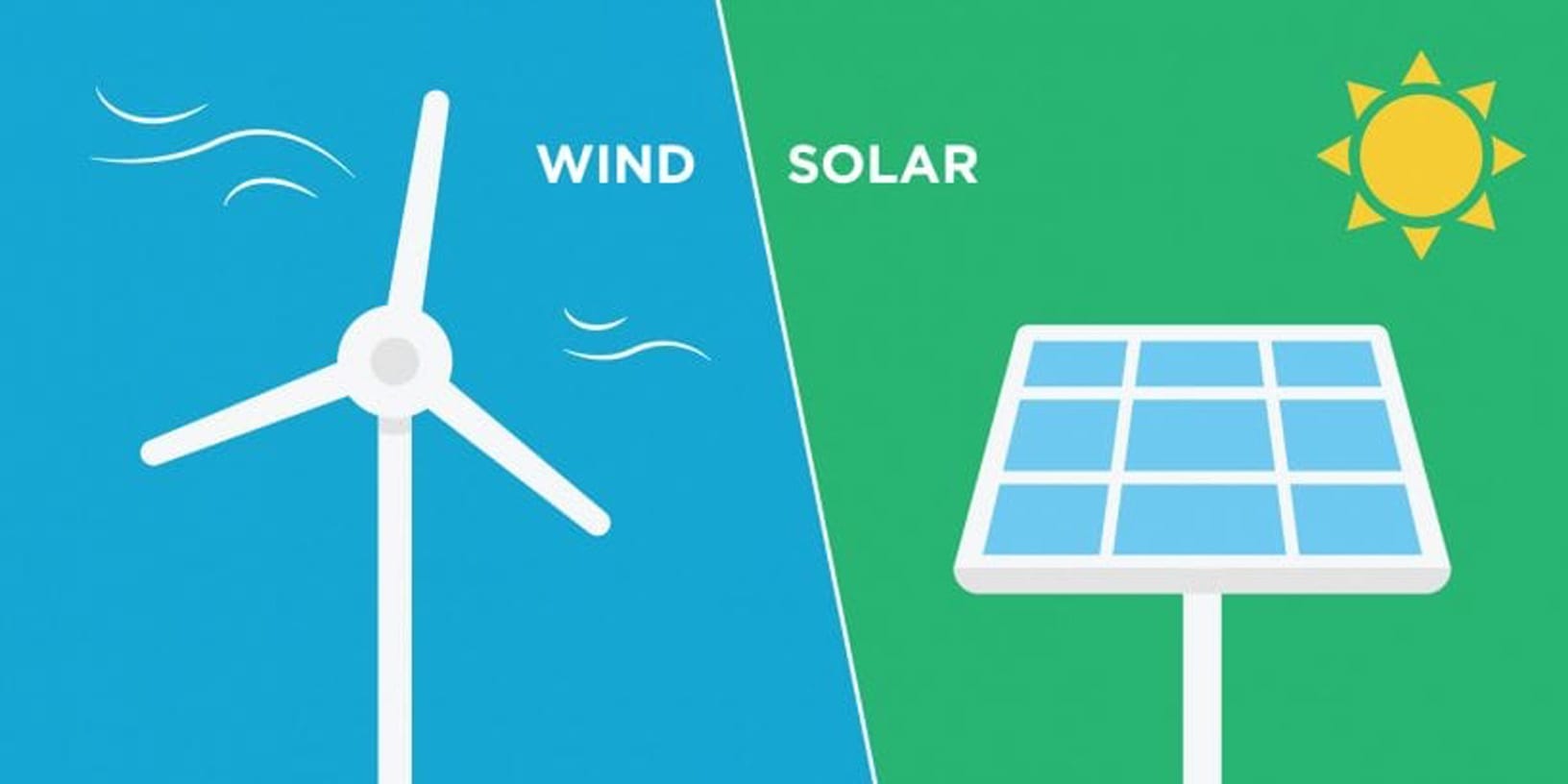Green Mountain Energy® Blog
The Importance of Choosing a Reputable Solar Installation Provider



If you’ve thought about installing solar panels on your home, you may have lots of important factors to consider. It’s not easy to know who you can trust to do reliable work that won’t cost you more than it should. Working with dependable, qualified and experienced professionals can make the entire transition much smoother and give you peace of mind throughout the process. That’s why it’s crucial to choose a trustworthy solar installation provider.
The solar industry has seen rapid growth in recent years, which is an important step in reducing our negative impact on the environment. Despite the environmental benefits of solar energy, deceptive practices by unscrupulous solar providers in the market have tarnished the industry’s reputation and led to significant financial harm for consumers.
By doing your homework and gathering as many reliable resources as possible, you can make an informed decision and save yourself from financial losses, delays or poorly installed systems.



The Rise in Solae Panel Installation Fraud
As the demand for solar power systems rise, so do reports of solar installation scams. According to sources like NPR, deceptive practices and falsified documentation have left countless homeowners vulnerable to financial harm. Many scams target elderly homeowners or those who are in a financially compromised position, promising them substantial energy savings that fail to materialize because the provider is not a REP. By understanding these potential risks, you’ll be taking the first step toward safeguarding your investment.
Scammers often exploit incentives like tax credits or rebates to lure unsuspecting customers. They may promise extraordinary savings or use high-pressure tactics to rush decisions. These scams have not only cost homeowners thousands of dollars, but also jeopardize consumer trust and hinder the broader adoption of renewable energy solutions.



Common Solar Fraud and Scam Tactics
When engaging with potential solar installers, look for key red flags that may indicate fraudulent or unreliable providers. Educate yourself on a few of these common scam tactics so you can protect yourself and your home.
High-Pressure Sales Tactics
Scammers may insist on immediate decisions, forcing consumers to make quick choices without giving them the proper time to conduct their research. If a salesperson tries to pressure you into signing a contract immediately without giving you time to do your due diligence, this should raise concerns.
Misleading Tax Credit Information
Promising exaggerated tax incentives is a common ploy to gain trust and entice consumers. Always verify tax credits with official sources like the IRS and research the installer’s credentials before making any decisions.
Lowball Pricing
Be cautious of solar installation providers who offer deals that seem too good to be true, such as unrealistically low prices. These offers typically come at the expense of quality and lead to poorly installed systems.
Phony Solar Installers
Unlicensed individuals may present themselves as legitimate providers or use forged credentials. If they’re hesitant to provide valid documentation, such as references, proof of licensing or insurance details, this is a significant warning sign that the company may not be legitimate.
False Energy Savings Claims
Scammers may overstate the efficiency of systems and promise unrealistic energy savings to entice buyers. Look out for vague or exaggerated savings estimates and lack of a detailed energy assessment. Always verify projected savings with a licensed energy professional and review contract terms carefully.
Installation Guarantees That Fall Through
If an installer is vague about the timelines or guarantees quick results without specifying terms in writing, this could indicate lack of professionalism or capability. Most fraudulent providers never deliver on promises of quick installations and fail to deliver on time or at all.



Tips for Choosing a Reputable Solar Installation Provider
Taking a few proactive steps to vet potential installers can help you avoid scams and ensure a reliable solar installation. Don’t rush the process. Here are some crucial tips to identify trustworthy providers.
- Verify Certifications
Look for accreditations such as The North American Board of Certified Energy Practitioners® (NABCEP®) certification to confirm expertise. This certification signifies that the installer has undergone rigorous training and testing in solar installation best practices. You can verify a company’s NABCEP status directly on the NABCEP website. Other certifications to look for include Tesla Powerwall Certified Installer, which show specialized expertise in installing specific products like solar panels.
- Check Licensing and Insurance
Licensing ensures the company has met state and local requirements to perform solar work legally. Insurance protects both you and the workers in case of accidents or damage during the installation process. Ensure the provider is fully licensed and insured in your state. For instance, in Texas, the Texas Department of Licensing and Regulation (TDLR) oversees solar licensing requirements. You can verify licenses by visiting the TDLR license search page.
- Read Reviews and Get Recommendations
Researching customer feedback can reveal a lot about an installer’s reliability and service quality. Use trusted review sites including the Better Business Bureau, SolarReviews.com or EnergySage.com to view customer feedback and help guide your choice. Green flags to look for include consistent patterns in the reviews, like praise for timely installations and positive customer service interactions. You can always ask friends, neighbors or local community groups who have installed solar systems for their firsthand recommendations.
- Request a Written Contract
It’s critical to receive a detailed agreement outlining terms, warranties and timelines to prevent any misunderstandings. This also holds the installer accountable for their promises. Your contract should include specific details about the equipment being installed (brand, model and capacity), a clear timeline, total costs (including any financing terms,) and warranties for both equipment and labor. Refer to the Department of Energy’s Solar Guide for helpful information on what to include in a solar contract.
- Be Skeptical of “Too Good to Be True” Deals
Unrealistically low prices or claims of unrealistically high financial returns often compromise quality and service. When it sounds too good to be true, it likely is. Keep in mind that a solar installation is a long-term investment. Aim to obtain multiple quotes and compare them based on the overall cost and value offered.
- Choose an Established Company
Look for a solar installation provider with a proven track record with years of verified experience and positive customer feedback. Consider companies with at least five years of experience and check for memberships in industry organizations such as the Solar Energy Industries Association (SEIA).



Go Greener, Choose Solar
Selecting a reputable solar installation provider is essential to protect your investment and maximize the benefits of solar energy. By staying informed and following these helpful tips, you can enjoy a smooth installation process and long-term savings.
Still have questions about the ins and outs of solar panels? Take a closer look at how they work, what’s available on the market today and how much it costs, on average, to install solar panels on your home.





